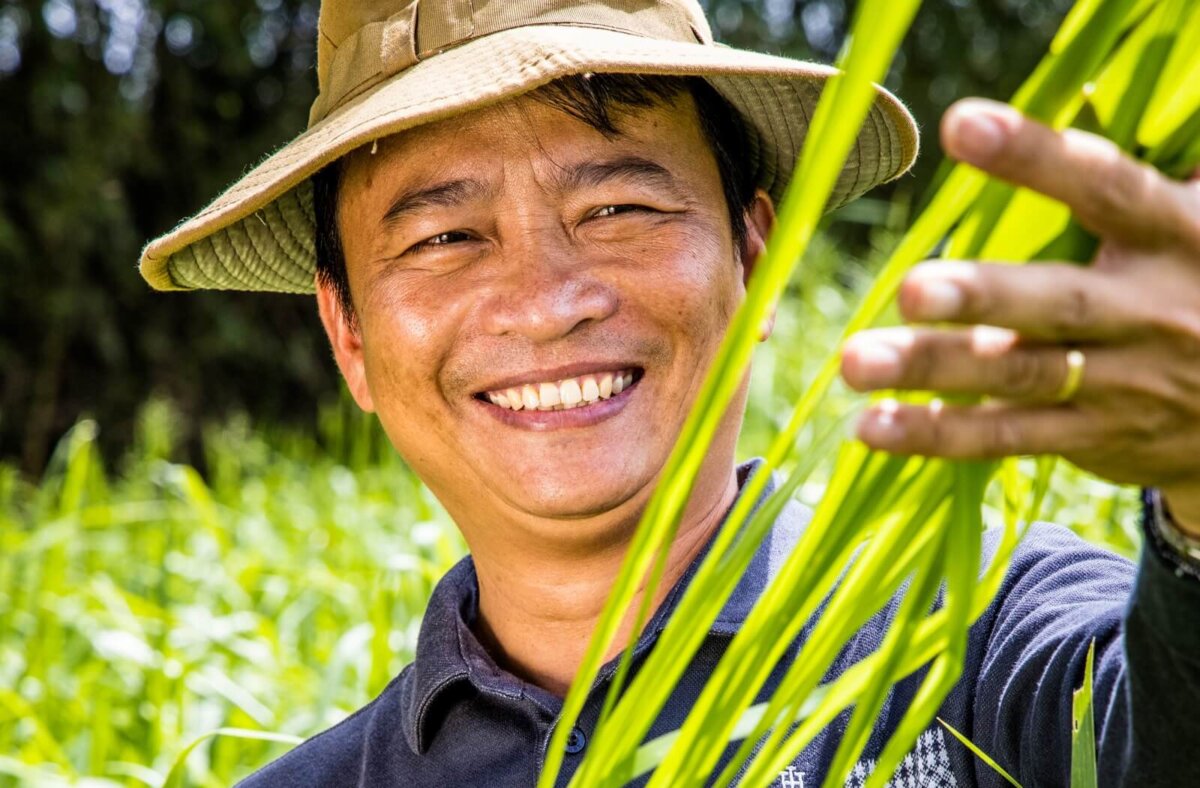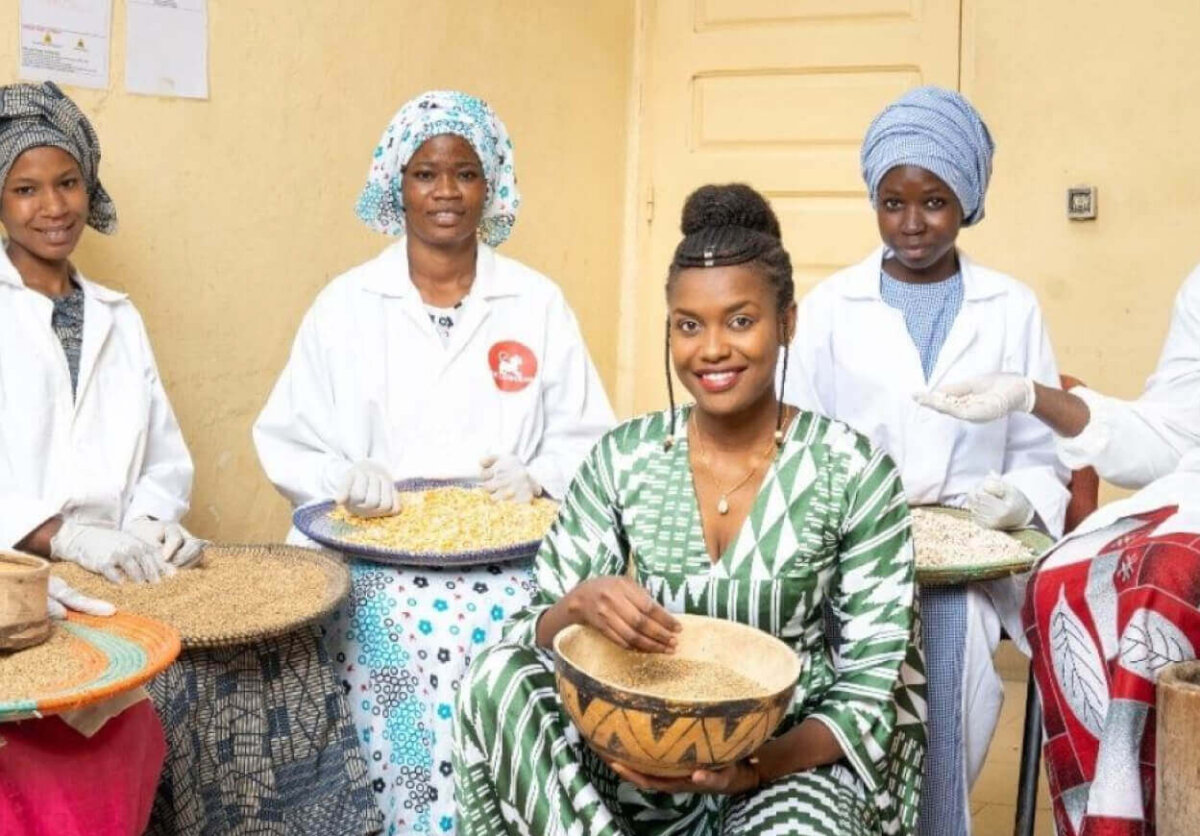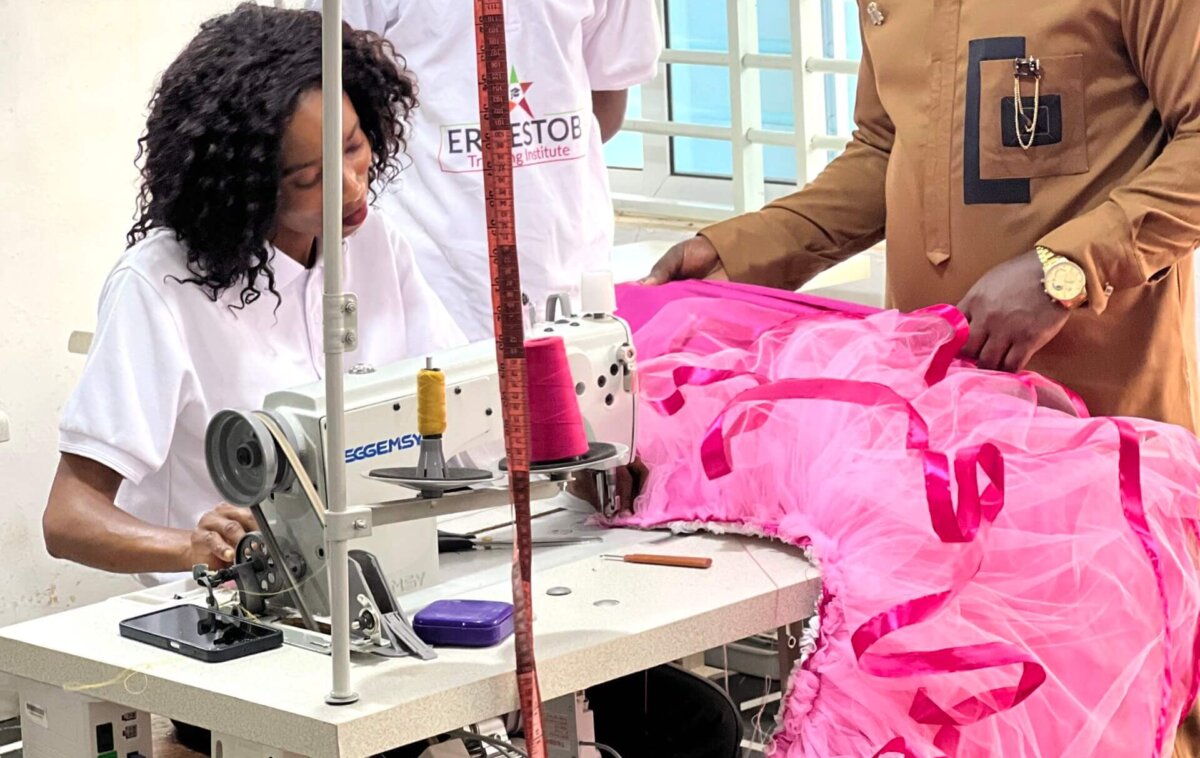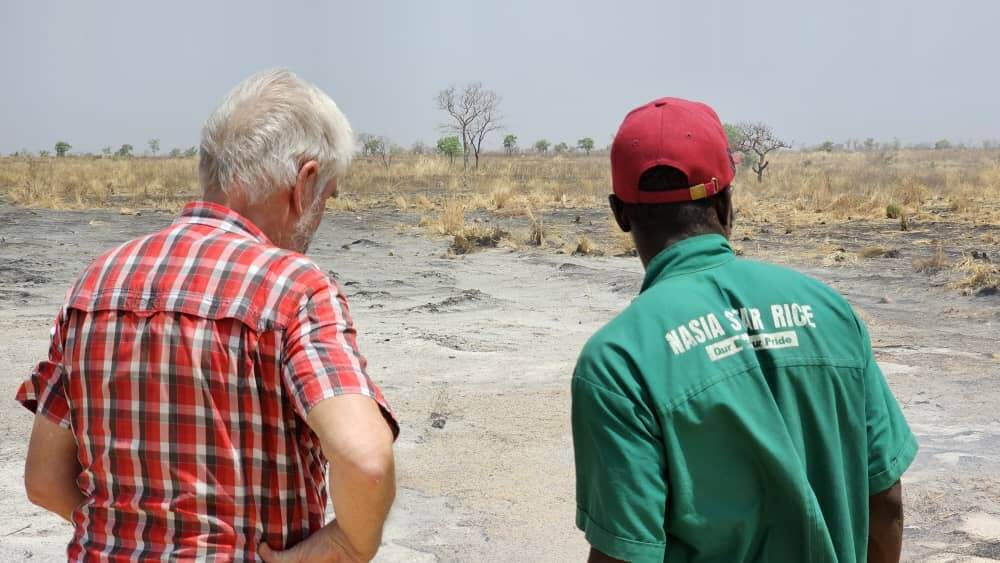- Projects
- Strengthening social dialogue in Ghana
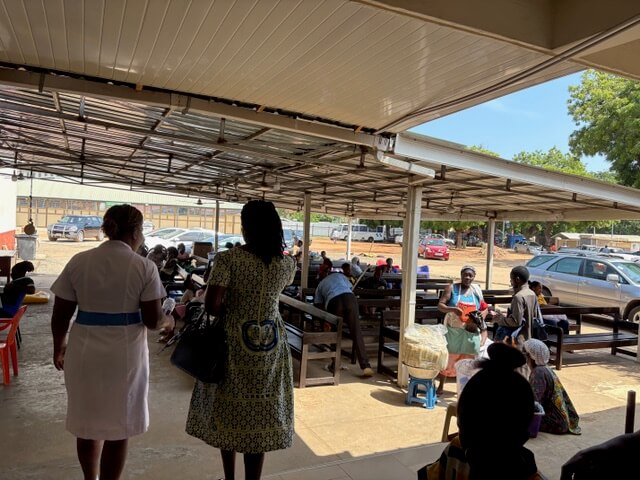
The Ghana Registered Midwives Association (GRMA), founded in 1925, is the country’s oldest, out of a total of 5, national professional bodies representing midwives and proud member of ICM, the International Confederation of Midwives. Its mission is to support the welfare of its more than 2000 members and uphold standards high standards in midwifery practice. Despite its long history, GRMA currently faces a major challenge: growing and re-engaging its members to secure a more influential role in national healthcare negotiations.
To support this ambition, GRMA invited PUM expert Dorine Heldring to Ghana in May 2025. The visit aimed to strengthen the association’s strategic direction, build its capacity for social dialogue, and increase its visibility and impact. Through a detailed review of the existing strategy, a SWOT analysis, and consultations with members, the expert gained insight into the challenges facing the association.
The importance of unions in
Ghana
In Ghana, unions play a crucial role in protecting workers’ rights and improving conditions, particularly in the healthcare sector. For midwives, membership in a professional association, which automatically includes union representation, is mandatory. These associations act on their behalf in negotiations and ensure access to social security, pensions, health insurance, and maternity leave. This structure provides midwives with a strong collective voice to advocate for fair pay, professional development, and better healthcare policies.

From strike to strategy
During Dorine’s visit to Ghana, particular attention was paid to GRMA’s role in social dialogue, especially in the context of a recent midwives’ strike led by another association in Ghana. GRMA opted for negotiation and collaboration rather than confrontation, reinforcing its identity as a constructive dialogue partner. To amplify this role in the future, the expert worked with GRMA to outline a draft strategic plan focused on growth, governance, advocacy, and financial resilience. This included practical steps to improve communication, offer more member benefits, and engage stakeholders at all levels.
The work resulted in a clear path forward for GRMA, positioning it to regain strength and expand its influence. A larger and more active membership will allow GRMA to become the biggest midwife-association with the right of the bargaining certificate. It allows the association to represent all the midwife associations in union meetings with the government and acts as a spokesperson. This is essential to advocating for better working conditions and contributing to improved maternal and newborn care in Ghana.
Future
outlook
With a new board election planned later this year, the association stands at a turning point. Continued collaboration, such as remote expert advice, communications support, and training, could help ensure the strategy’s successful implementation. GRMA’s renewed focus on social dialogue, supported by PUM’s expertise, offers a hopeful outlook for the future of midwifery in Ghana and will ultimately contribute to improved maternal and newborn healthcare outcomes in Ghana.
Interested in this project? Get in touch with
Henrietta Amissah
Representative Ghana, Accra

